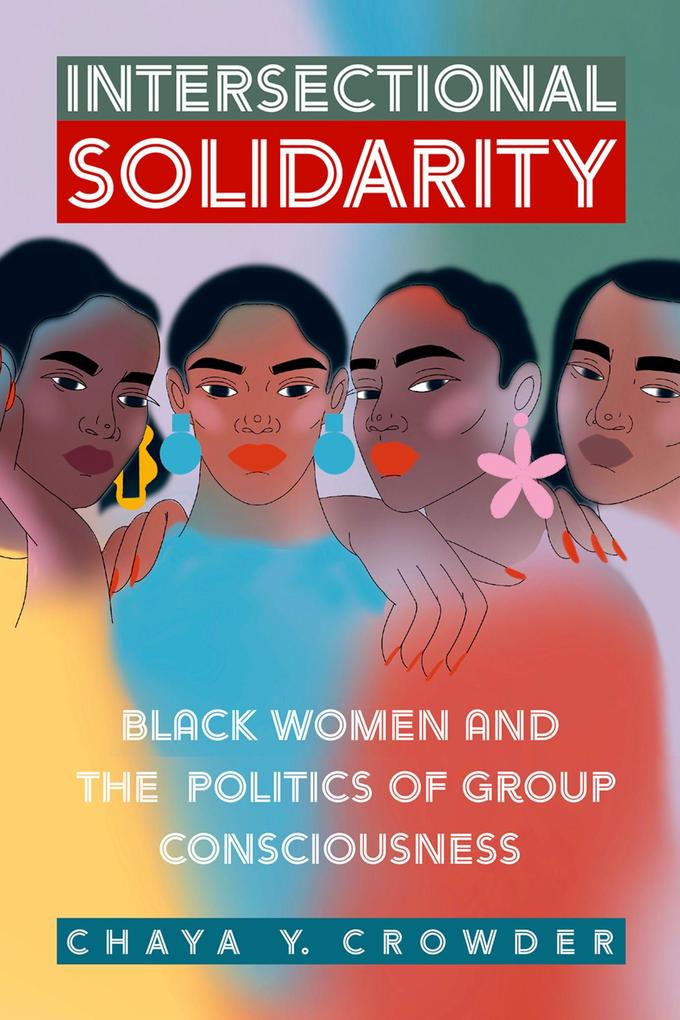
Zustellung: Di, 15.07. - Sa, 19.07.
Versand in 2 Wochen
VersandkostenfreiBestellen & in Filiale abholen:
In Intersectional Solidarity, Chaya Y. Crowder challenges the notion that racial or gender consciousness alone shape political preferences and instead argues that intersectional group consciousness shapes political behavior. Crowder argues that a combination of race, gender, sexuality, and class-based consciousness influences political behavior, particularly when it comes to issues that affect individuals at the intersection of multiple marginalized identities. Further, she introduces the idea of "intersectional solidarity," and uses it particularly to explore what groups demonstrate solidarity with Black women, and why.
Inhaltsverzeichnis
- 1: Beyond Thanking Black Women
- 2: Measuring Intersectional Solidarity
- 3: Whose Solidarity?
- 4: Donâ t Thank Me, Show Me
- 5: Intersectional Solidarity from Protest to Politics
- 6: Conclusion
- Appendix A: : 2019 Intersectional Politics Study
- Appendix B: : Items from the 2020 Collaborative Multiracial Post-Election Survey
- References
- Index
Produktdetails
Erscheinungsdatum
06. Februar 2025
Sprache
englisch
Seitenanzahl
176
Autor/Autorin
Chaya Y Crowder
Verlag/Hersteller
Produktart
kartoniert
Gewicht
186 g
Größe (L/B/H)
209/142/13 mm
ISBN
9780197696545
Entdecken Sie mehr
Bewertungen
0 Bewertungen
Es wurden noch keine Bewertungen abgegeben. Schreiben Sie die erste Bewertung zu "Intersectional Solidarity" und helfen Sie damit anderen bei der Kaufentscheidung.









